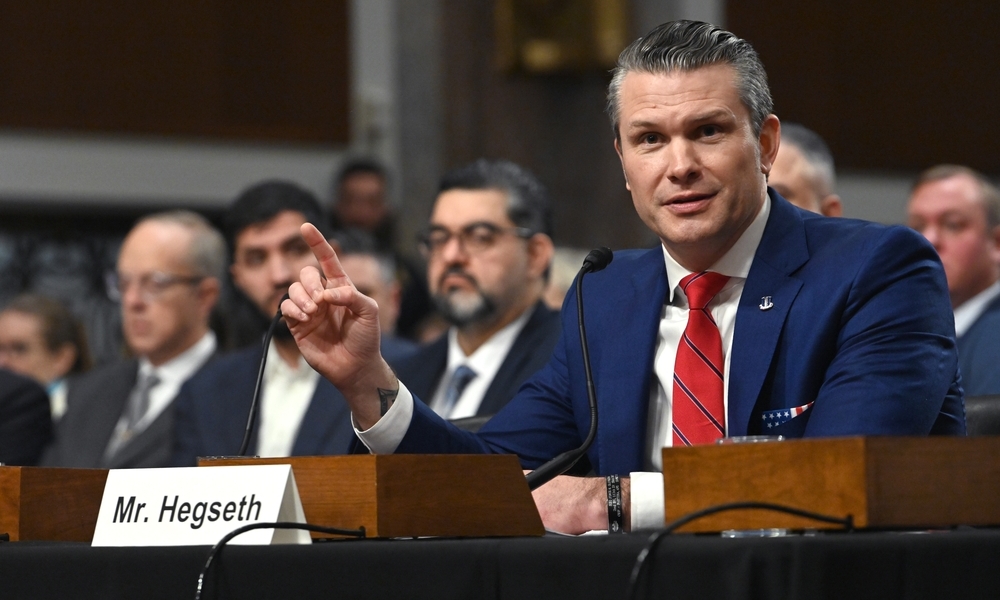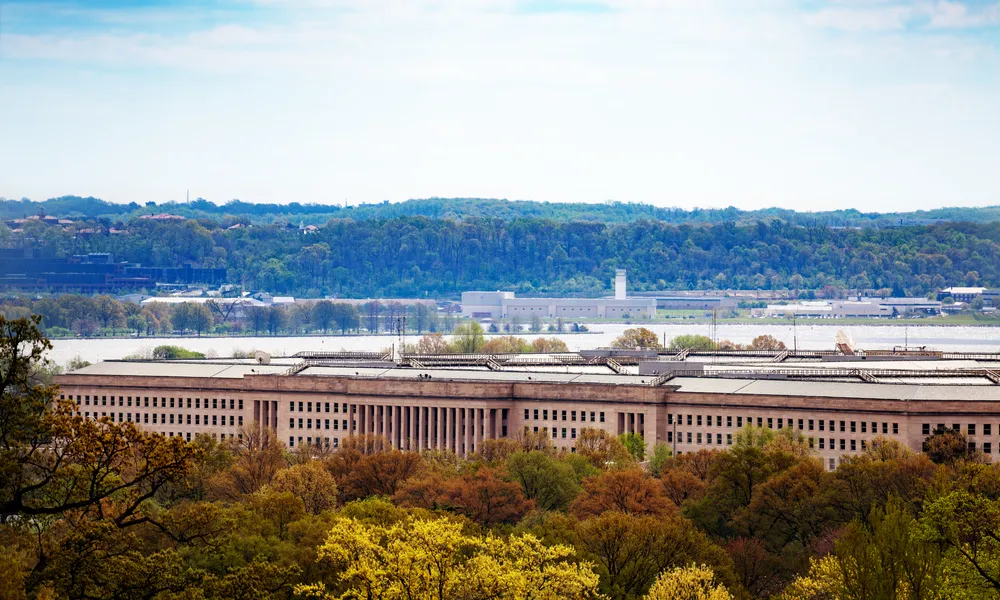Several major U.S. media organizations are refusing to accept a new policy the Department of Defence plans to impose on accredited reporters, sharply limiting what they can publish. Journalists have been told they have until 5:00 p.m. (local time) today to agree to revised accreditation and publication rules.
According to a draft obtained by reporters, any information gathered on Pentagon premises would be “subject to approval by an authorised official” before publication, even if it is not classified, language that has triggered intense backlash.
The media’s response
The Pentagon Press Association (PPA), which represents journalists covering the department, warned that rules advanced by Defence Secretary Pete Hegseth appear “designed to smother press freedom and potentially expose us to criminal prosecution simply for doing our jobs.”
Leading outlets - including The New York Times, The Washington Post, The Atlantic, and CNN - have said they will not accept the policy, arguing it violates the First Amendment. Post publisher Matt Murray said the proposed restrictions undermine constitutional guarantees by erecting needless barriers to newsgathering and publication. Jeffrey Goldberg, editor of The Atlantic, called the draft a violation of the press’s rights and of the public’s right to know how taxpayer-funded military resources are used. Richard Stevenson, who heads the Times’s Washington bureau, cautioned that the policy “threatens to punish” journalists for routine reporting.

The Pentagon’s stance
On X, Secretary Hegseth countered that the updated rules mean reporters will no longer be allowed to “wander aimlessly” in secure facilities, must wear visible credentials and follow regulations, or “be sent home.” “The ‘press’ doesn’t run the Pentagon, the people do,” he wrote. He added that the press would no longer be permitted to solicit what he termed “offences,” an apparent reference to obtaining information from sources without prior approval through the chain of command.
If enacted as written, the policy would mark a significant departure from long-standing ground rules for defence reporting in Washington, shifting from access with post-publication accountability to pre-publication control. Newsrooms argue that such prior restraint is incompatible with U.S. constitutional protections; the Pentagon frames the changes as necessary security and access management inside sensitive facilities.
Source: CNA
